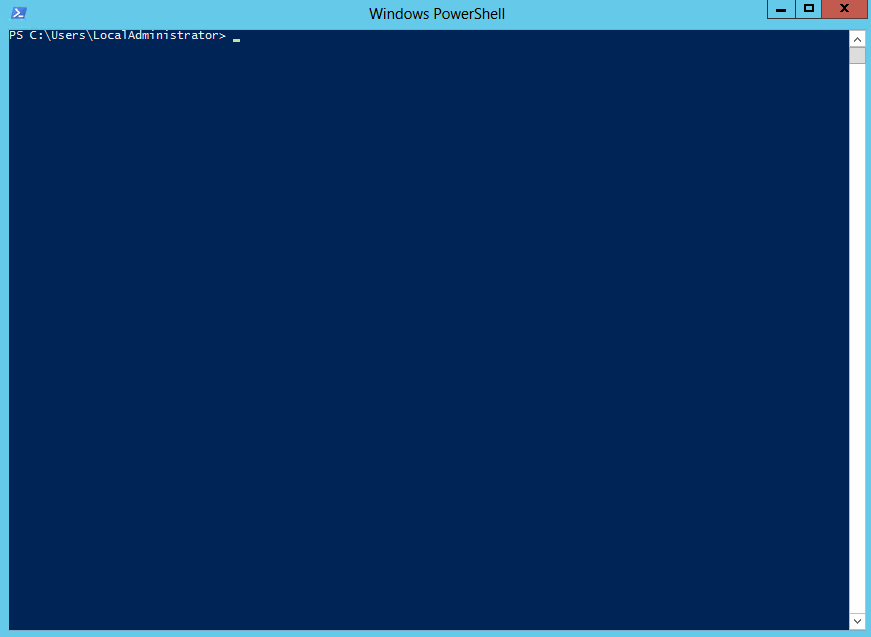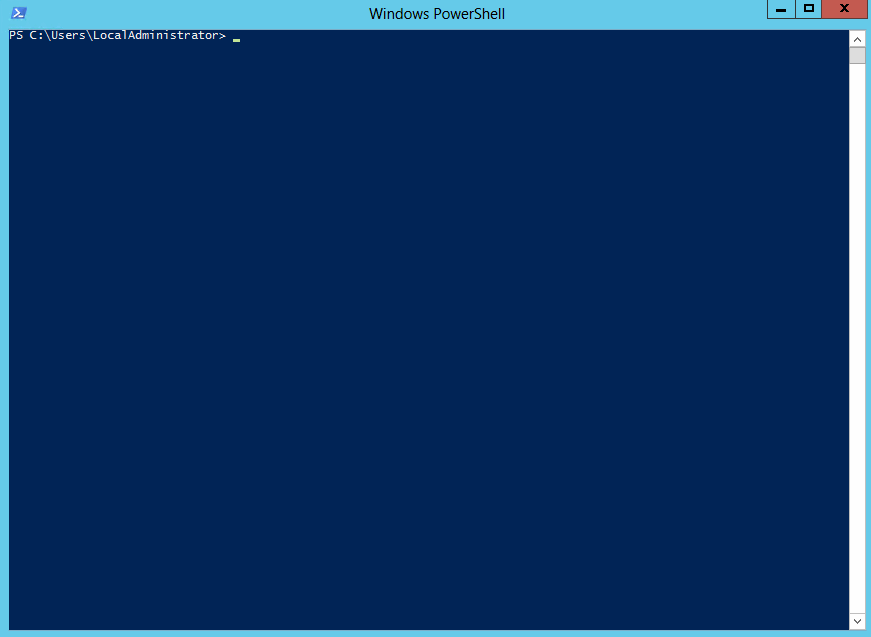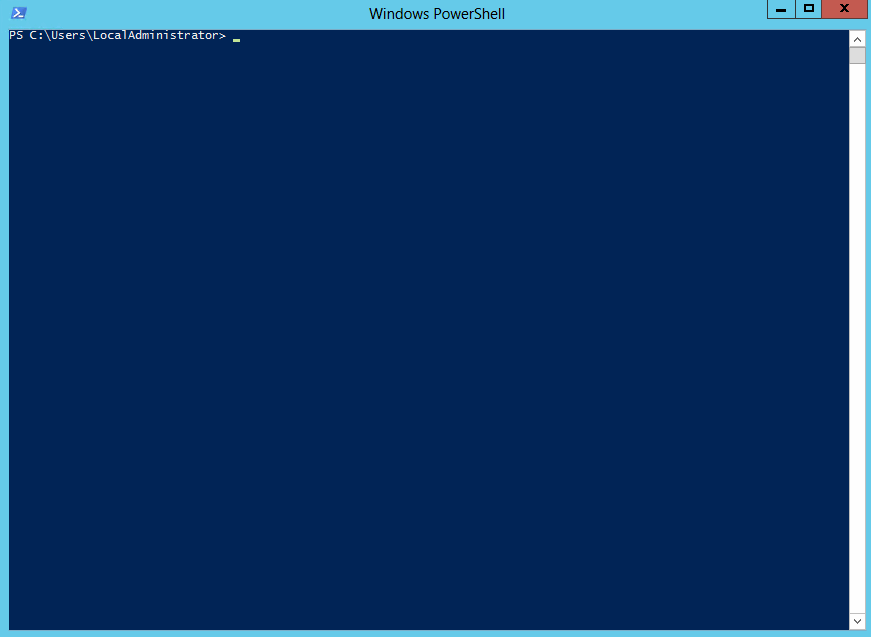DbData
SQL Server interface for PowerShell encompassing SMO and resilient ADO.NET connections for Enterprise use
DbData PowerShell Module by Cody Konior
Read the CHANGELOG
Description
DbData is an awesome replacement for Invoke-Sqlcmd and Invoke-Sqlcmd2.
Invoke-Sqlcmd is littered with bugs, both past and current. DbData fulfills the promise of Invoke-Sqlcmd with better PowerShell semantics, though without trying to be a drop-in replacement.
- Safely build connection strings and connections
- Construct commands with really injection-safe parameters
- Execute statements, stored procedures, etc
- Read and alter (insert, update, delete - and upsert!) table data
- Bulk copy tables
- Optionally wrap all of the above with SQL transactions
- Optionally wrap all of the above with retries for deadlocks and timeouts
It also provides quick access to SMO and WMI objects.
Please note: There are minor breaking changes in DbData 1.5 from previous versions of DbData.
Installation
Install-Module DbData
Requirements
- Requires PowerShell 2.0 or later.
- Requires .NET 3.5 or later installed.
- Options for New-DbConnection vary between .NET Framework versions. Some were added as recently as 4.6.1.
Demo
-
Making a connection.

-
Forming a command and retrieving data.

-
Creating SMO and WMI objects.

Further Examples
Connect to a database and get rows back.
$serverInstance = "SEC1N1"
New-DbConnection $serverInstance master | New-DbCommand "SELECT * FROM sys.master_files;" | Get-DbData
Connect to a database and get multiple result sets into different tables.
$serverInstance = "SEC1N1"
$dbData = New-DbConnection $serverInstance master | New-DbCommand "SELECT * FROM sys.databases; SELECT * FROM sys.master_files;" | Get-DbData -TableMapping "Databases", "Files" -As DataSet
$dbData.Tables["Databases"]
$dbData.Tables["Files"]
Connect to a database, begin a transaction, add data, and then rollback.
$serverInstance = "SEC1N1"
$dbData = New-DbConnection $serverInstance msdb | New-DbCommand "SELECT * FROM dbo.suspect_pages;" | Enter-DbTransaction -PassThru | Get-DbData -As DataTables
# Add a record
[void] $dbData.Alter(@{
database_id = 1
file_id = 1
page_id = 1
event_type = 1
error_count = 1
last_update_date = (Get-Date).ToDateTime($null)
})
Exit-DbTransaction $dbData -Rollback